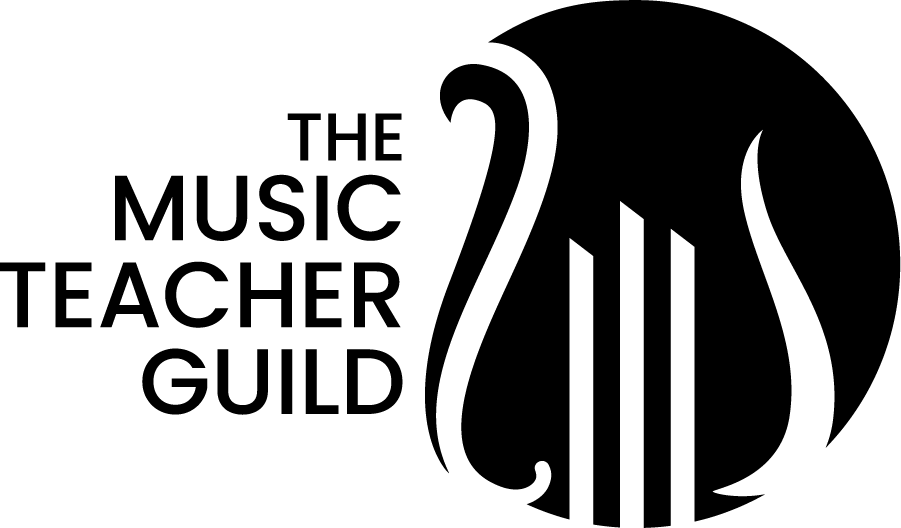Music Education Research and Development: Exploring Trends, Impacts, and Future Directions
The world of music education is evolving rapidly, fueled by groundbreaking research and innovative practices. From leveraging technology in the classroom to embracing inclusive teaching methods, staying informed about these advancements is essential for educators who want to inspire the next generation of musicians. This post explores the latest trends, impacts, and emerging directions in music education research and development.
Current Trends in Music Education Research
1. The Rise of Technology in Music Teaching
Technology has become a cornerstone of modern education, and music classrooms are no exception.
AI and Machine Learning: Tools like AI-driven music composition apps are reshaping how students create and explore music.
Virtual Instruments: Digital simulations of instruments provide cost-effective and accessible learning opportunities.
Blended Learning Models: Hybrid approaches combining in-person teaching with online resources are becoming the norm.
2. Inclusion and Diversity Initiatives
Music education research is emphasizing the importance of creating inclusive spaces that reflect diverse cultural perspectives.
Studies highlight the need for repertoire that represents global traditions.
Efforts are being made to address gender and socioeconomic disparities in access to music programs.
3. Neuroscience and Musical Learning
Advancements in neuroscience are providing deeper insights into how music affects the brain.
Research shows how musical training enhances cognitive development, memory, and emotional regulation.
These findings are influencing the design of curricula to optimize learning outcomes.
The Impact of Research on Music Education
1. Influencing Teaching Methods
Educational models such as the Kodály Method, Orff Schulwerk, and Dalcroze Eurhythmics are grounded in decades of research.
Continuous studies refine these approaches, adapting them to modern classrooms.
Evidence-based practices ensure that students receive effective, impactful instruction.
2. Shaping Curricula with Data-Driven Insights
Data from large-scale studies guide curriculum designers in crafting programs that align with students' needs.
Incorporating findings about student engagement and motivation leads to more relevant lessons.
Research helps educators balance traditional techniques with contemporary trends.
3. Improving Student Outcomes
From academic performance to emotional well-being, research underscores music education’s wide-reaching benefits.
Studies show that students involved in music education score higher in math and reading.
Participation in music fosters teamwork, discipline, and creativity.
Emerging Directions in Music Education Development
1. Integration of STEM/STEAM in Music Education
The STEAM movement adds the arts to traditional STEM (Science, Technology, Engineering, Math) disciplines.
Projects like coding music or creating digital compositions blend technology and creativity.
Research suggests STEAM approaches enhance critical thinking and innovation.
2. Global Collaboration and Cultural Exchange
Collaboration across borders is becoming a hallmark of music education development.
Virtual platforms enable students and educators worldwide to share musical traditions.
Cross-cultural projects foster mutual understanding and broaden perspectives.
3. Expanding Genres and Techniques
Modern research encourages educators to go beyond classical training.
Incorporating genres like jazz, hip-hop, and electronic music appeals to diverse student interests.
Techniques like beat-making and music production prepare students for contemporary music careers.
Resources for Staying Informed
Educators can keep up with developments in music education research through the following:
Journals: Publications like the Journal of Research in Music Education and Music Educators Journal.
Conferences: Events such as the International Society for Music Education (ISME) and NAfME conferences.
Online Communities: Platforms like Music Teacher Guild forums, Facebook groups, and LinkedIn networks.
Pro Tip: Dedicate time each month to reading articles or attending webinars to stay ahead in the field.
Conclusion
Music education research and development are paving the way for a vibrant, inclusive, and innovative future. By embracing the latest trends and applying research-driven practices, educators can create transformative experiences for their students.
Take the next step in your professional growth: explore recent studies, join a professional network, or attend a research-focused conference. Together, let’s shape the future of music education.

